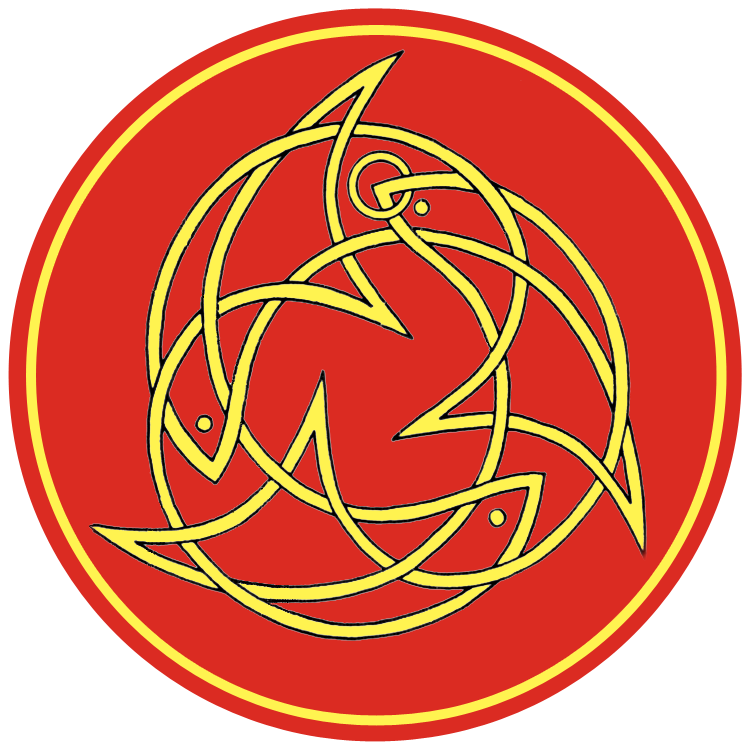Computing
Statement of Intent for Computing
At St Herbert’s C of E School, we aim to prepare our learners for their future by giving them the opportunities to gain knowledge and develop skills that will equip them for an ever-changing digital world. Knowledge and understanding of ICT is of increasing importance for children’s future both at home and for employment. Our Computing curriculum focuses on a progression of skills in digital literacy, computer science, information technology and online safety to ensure that children become competent in safely using, as well as understanding, technology. These strands are revisited repeatedly through a range of themes during children’s time in school to ensure the learning is embedded and skills are successfully developed. Our intention is that our children will be taught to use technology responsibly and carefully, being mindful of how their behaviour, words and actions can affect others. We also use technology to engage children and to enrich their experience of the curriculum.
Implementation
As a school we use the iLearn2 scheme to deliver our computing curriculum. Our school curriculum links with the children’s understanding of the ‘St Herbert’s Way’ which is built on Respect, Ready and Safe. We have a strong emphasise on staying safe online and being ready for the responsibility which this brings. We teach the National Curriculum, supported by a clear skills and knowledge progression. This ensures that skills and knowledge are built on year by year and sequenced appropriately to maximise learning for all children. All KS1 & KS2 classes have a regular Computing lesson. KS2 children also have scheduled access to the computing suite. In Early Years, Computing lessons are not taught each week but alongside other curriculum subjects. These sessions teach the skills that children will need to be ready for KS1.
To ensure a broad range of skills and understanding, Computing is taught across three main strands: digital literacy, computer science and information technology. These are delivered through a series of projects that build upon the skills of previous years. As part of information technology, children learn to use and express themselves and develop their ideas through ICT for example writing and presenting as well as exploring art and design using multimedia. Within digital literacy, children develop practical skills in the safe use of ICT and the ability to apply these skills to solving relevant, worthwhile problems for example understanding safe use of internet, networks and email. In computer science we teach children to understand and apply the fundamental principles and concepts of computer science, including abstraction, logic, algorithms and data representation. Also, to analyse problems to computational terms, and have repeated practical experience of writing computer programs in order to solve such problems. We also teach a progression of Computing vocabulary to support children in their understanding.
